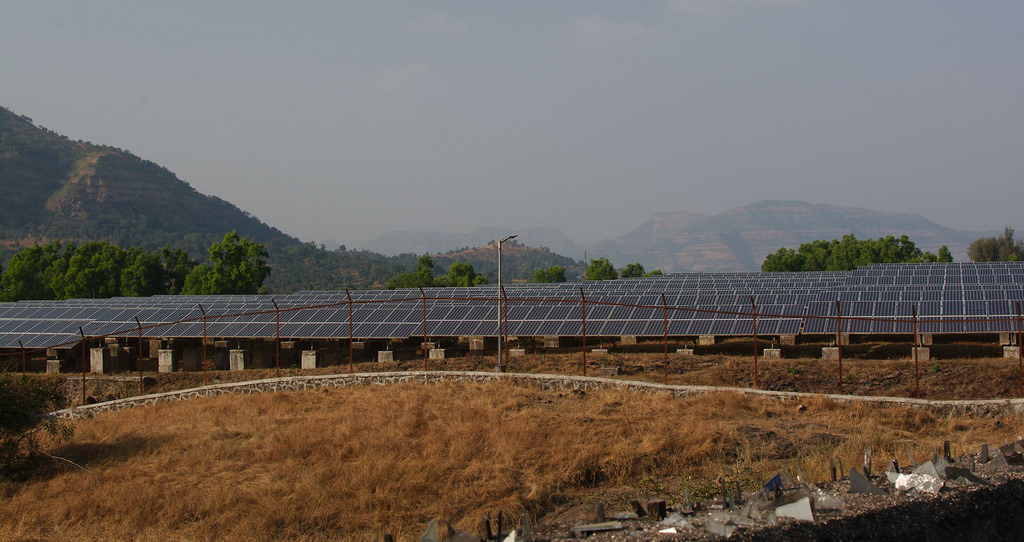The Solar Energy Corporation of India (SECI) has invited bids for five 50 MW grid-connected PV projects at the Dondaicha Solar Park in Maharashtra.
The maximum tariff payable has been fixed at Rs2.93/kWh for 25 years and bidders will have to submit a single tariff for all projects they apply for.
Using an e-bidding and e-reverse auction, developers can submit a single bid for the entire 250 MW or parts of the capacity in 50 MW multiples. At the time of bid submission, developers will have to declare the annual capacity utilization factor of their project, which cannot be less than 17%.
SECI will enter into a power purchase agreement with successful bidders and the power will be sold to the Maharashtra State Electricity Distribution Co. Limited.
Time limit for commissioning
The build-own-operate projects must be commissioned within 12 months and part commissioning of the project is not permitted.
According to the SECI tender document, crystalline silicon, thin film or CPV – with or without trackers – will be considered. To minimize technology risk and achieve timely commissioning, only commercially established and operational technologies can be used.
Bidding closes on October 4.
SECI recently tendered for 750 MW of grid-connected solar projects in Rajasthan. The maximum tariff payable for that project was fixed at the same level, again for 25 years.
By the end of last month, India’s cumulative solar deployment had reached 23.87 GW, including 21.89 GW of ground-mount installations and 1.22 GW of PV rooftops.
This content is protected by copyright and may not be reused. If you want to cooperate with us and would like to reuse some of our content, please contact: editors@pv-magazine.com.








By submitting this form you agree to pv magazine using your data for the purposes of publishing your comment.
Your personal data will only be disclosed or otherwise transmitted to third parties for the purposes of spam filtering or if this is necessary for technical maintenance of the website. Any other transfer to third parties will not take place unless this is justified on the basis of applicable data protection regulations or if pv magazine is legally obliged to do so.
You may revoke this consent at any time with effect for the future, in which case your personal data will be deleted immediately. Otherwise, your data will be deleted if pv magazine has processed your request or the purpose of data storage is fulfilled.
Further information on data privacy can be found in our Data Protection Policy.